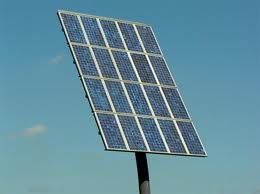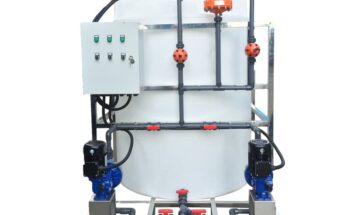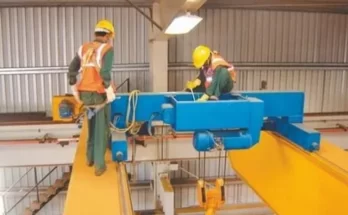Making the leap to renewable energy requires a decent level of research, money invested, as well as trying different products. It is a lot of information for the new buyer to take in. We split the difference and pass on our knowledge to you in an effort to make your experience as painless as possible.
Solar panel contractor guidelines
Many newcomers to renewable energy have noble aspirations of running entirely off the grid. Many will invest thousands of dollars only to find out that the subcontractor obtained the panels at a discounted price and charged you for the original price! It is important to make sure that there are several key points to cover in the contract between you and the solar panel contractors and subcontractors to make sure you aren’t the victim of a con artist.
- Make sure that the completion date is set and that any reduction of price or cancellation is put into a clause.
- Insert a clause that states that any reduced cost for panels or other equipment is benefited on your account, not the contractor.
- Make sure you get the full deposit back! Take extra steps to make sure that there aren’t any hidden addendum which allow the contractor to take back the deposit.
- Any damage done to your home should be the sole responsibility of the contractor.
It is difficult to assume the worst of people, but when your home solar panel installation fails, you won’t be able to get your hard earned money back. Do your research. Most contractors’ license and history are available online. Check them before committing to an installation.
The installation itself
Now that you’ve done your research and made sure the contract is solid, it’s time for the actual installation. Every home is different, but there are a few ways you can guarantee you won’t have to repair or reinstall the entire rig.
- Lag each rafter, or at least every other rafter. You don’t want high winds tearing the panels clear off!
- Sealing is important. Some contractors will skimp on this, but make sure that every hole, lag, and grommet. This is a crucial step which will make the difference during heavy weather conditions.
- Inverters make a lot of noise and produce heat. Choose the location for the inverter carefully. Make a note of all of the neighbor’s windows and commonly used outside areas. This can easily be overlooked and cause problems down the line. Prevent possible re-installation by taking the time to plan carefully.
- Use wiring that is one size larger than what is needed. Using smaller wires will put you at risk of over wattage and electrical fires. Play it safe by using one size bigger.
Using these tips and doing your own research will go a long way in guaranteeing your home has the most efficient solar panel installation possible. Using these guidelines you will be able to maintain a strong structural integrity and ensure that your money is being put to good use.




